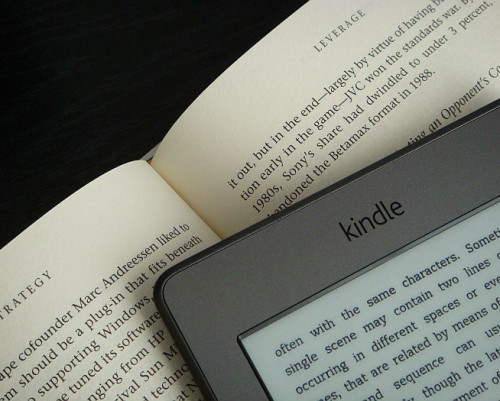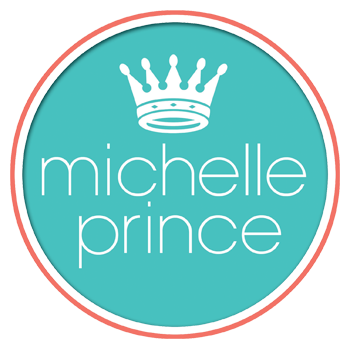 Fused Sentences
Fused Sentences
I think every author has been guilty of making this mistake (including myself). A fused sentence, also known as a run-on sentence, occurs when two or more clauses are unnecessarily joined together. If the clauses can stand alone as their own separate sentences, you should either split them into two sentences or add words or punctuation to join them. Fused sentences are a big no-no in the writing world, so avoid using them in your work.
- Here’s an example: “When you’re giving advice, make sure your facts are correct the recipient wants to hear your advice, you pick a good time and place to give it.”
- Here’s how to fix it: “When you’re giving advice, make sure your facts are correct and the recipient wants to hear your advice. Also, pick a good time and place to give it.”
Here are more examples and how to fix them on QuickandDirtyTips.com.
Too Many Adjectives
Don’t get me wrong, adjectives are immensely beneficial when writing a book. It allows the author to convey subject material in a more descriptive manner. Without the right adjectives, readers simply won’t know what you are talking about. But there’s a fine line you must not cross, as using too many adjectives can water down your work so it’s less appealing. Read back over your work, paying attention to the adjectives and how they are interpreted by the reader.
Spelling Errors
Of course, another all-too-common writing mistake involves spelling errors. Thankfully, most major word processing programs, including Microsoft Word and Apple Pages, have built-in spellcheckers that will search and find both spelling and grammar mistakes. Using these tools will prove invaluable in producing quality, error-free work. With that said, you shouldn’t rely solely on spellcheck to find spelling errors. It may catch 99% of them, but there’s always a chance that others will go unnoticed.
For this reason, it’s recommended that you perform your own spellchecking, looking for words that are spelled incorrectly — or words that are spelled correctly but not the intended word. For example, “form” and “from” are both spelled correctly, so spellcheck may not catch when you meant to say from, not form.
Punctuation inside Quotation Marks
Remember to include periods, commas and other punctuation inside the quotation marks. Some authors assume it’s best to place punctuation outside the quotation marks, but this isn’t the correct format. Here’s an example of the proper way to write quotes: “Did you tell Jill about the accident?“ Notice how the question mark is inside the quotation marks? That’s the correct format. Placing the question mark outside the quotation mark, such as “Did you tell Jill about the accident”? just doesn’t look right, does it?
Improper Capitalization of Titles
There are certain words in a title that should be capitalized, and there are other words that shouldn’t be capitalized. So, how do you know which words require capitalization? A good rule of thumb to follow when writing a title is to capitalize the first word in a title, the last word, all nouns, all pronouns, all verbs, all adverbs, all adjectives, all conjunctions, and prepositions if they are used adjectivally or adverbially.
Telling but Now Showing
Authors should show their readers what they are talking about rather than just telling them. If a subject is beautiful, for instance, don’t just say she’s beautiful, but rather describe her features, allowing the reader to discern from your description that the subject is beautiful. Doing so allows for a more descriptive format of writing that really triggers the visual imagination of readers.
Know any other writing mistakes that should be added to this list? Let us know in the comments section below!
Image attribution: https://www.flickr.com/photos/mobilyazilar/
